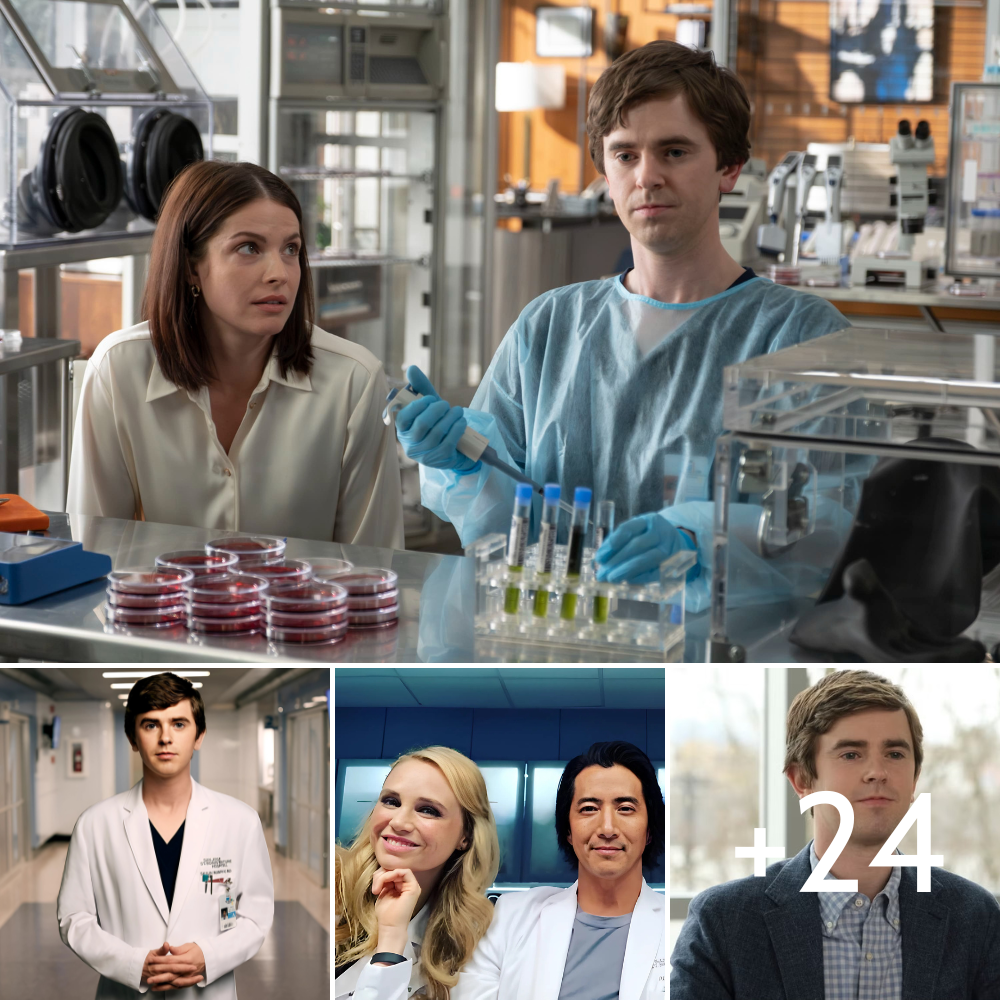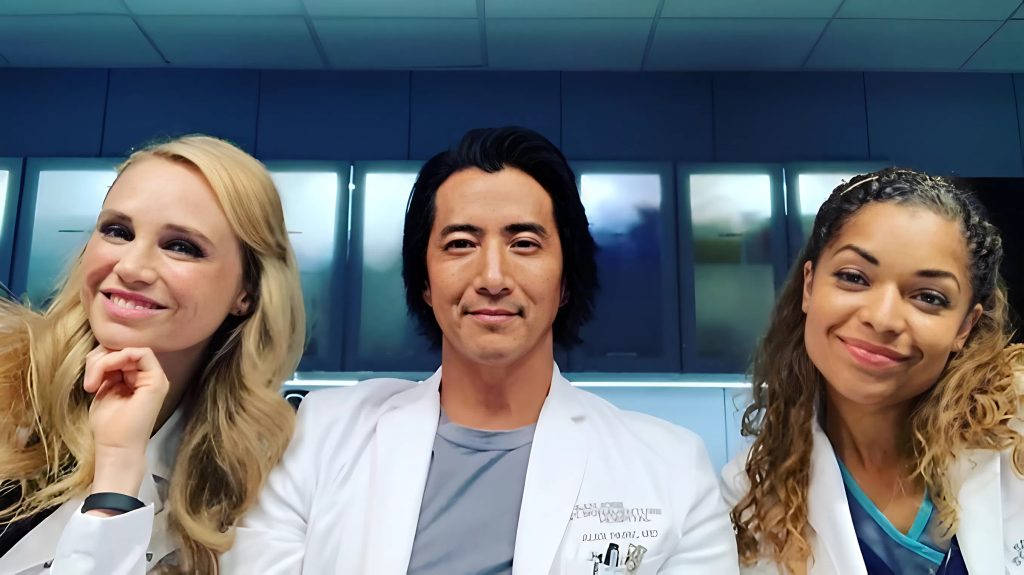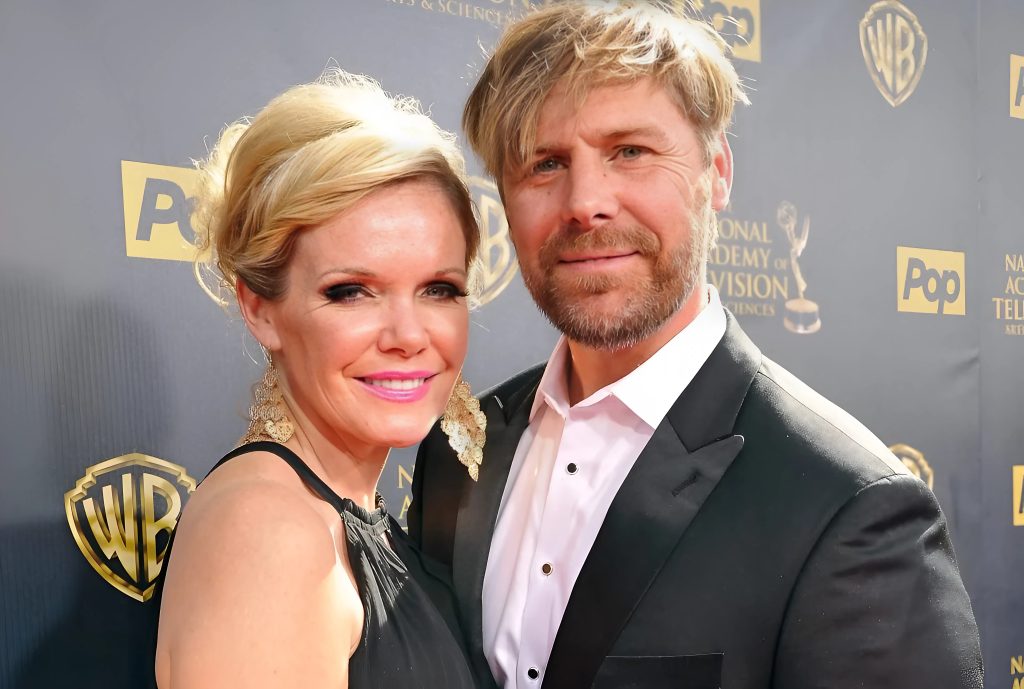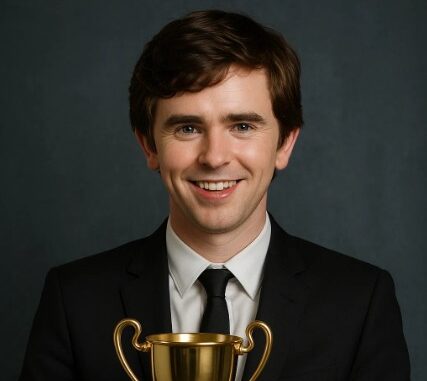
In a television landscape filled with larger-than-life personalities, Freddie Highmore stands out for all the right reasons. While his talent is undeniable—anchoring ABC’s long-running hit The Good Doctor—what has earned him admiration from colleagues and fans alike is his reputation as one of the most polite and gracious actors working today.
Highmore, who first rose to fame as a child star in films such as Finding Neverland and Charlie and the Chocolate Factory, has navigated Hollywood with unusual poise. Now in his thirties, he has avoided the pitfalls of early stardom, instead carving out a career defined by thoughtfulness, restraint, and professionalism. It is this calm demeanor that sets him apart in an industry often known for ego and spectacle.
On The Good Doctor, Highmore plays Dr. Shaun Murphy, a brilliant young surgeon with autism and savant syndrome. The role demands both technical precision and emotional depth, and Highmore delivers on both fronts. Yet off-screen, he is quick to downplay his own contributions, often redirecting praise toward the writers, medical consultants, and his fellow cast members.
“Freddie brings a sense of humility to everything he does,” one producer on the series noted. “He’s the kind of person who makes everyone feel valued, from the crew to the guest actors. It’s no wonder people call him the politest man on television.”
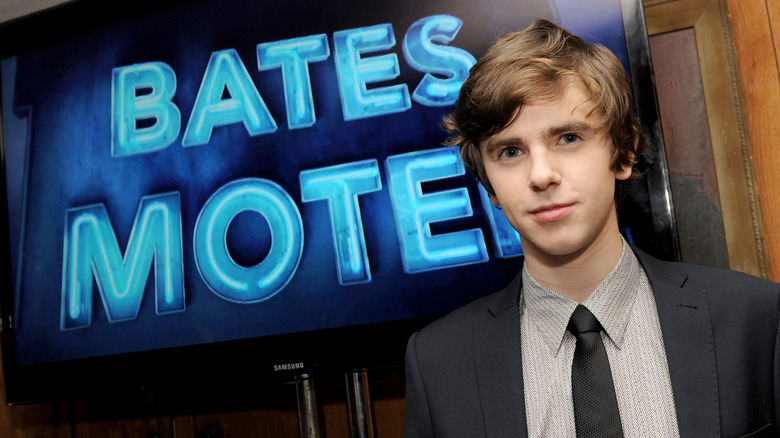
Highmore himself is somewhat bemused by the label. “I’ve never really thought of myself that way,” he said in a recent interview. “I just try to treat people with respect. Making a show is such a collaborative effort—you’re only as good as the people around you.”
That perspective reflects a deeper truth about his career. After five seasons portraying Norman Bates in the critically acclaimed Bates Motel, Highmore could easily have chased darker or flashier roles. Instead, he chose a character whose quiet resilience and kindness mirror elements of his own persona. The decision proved wise: The Good Doctor not only became a ratings hit but also sparked important conversations about representation and inclusion.
Colleagues describe working with Highmore as a uniquely positive experience. He is known for arriving on set fully prepared, often contributing to the writing and production process, while never allowing his behind-the-scenes influence to overshadow his co-stars. His natural courtesy, they say, fosters an atmosphere of collaboration rather than competition.
In an era when celebrity culture is often defined by controversy or self-promotion, Highmore’s approach feels refreshingly old-fashioned. He rarely courts attention outside of his work, avoids the trappings of social media, and lets his performances speak for themselves. That quiet professionalism has not only earned him a loyal fan base but also the respect of peers across the industry. As The Good Doctor continues to thrive, Freddie Highmore remains grounded, graceful, and unfailingly polite. Perhaps that is his greatest strength: in a world that rewards noise, he proves that kindness and humility can be just as powerful.
